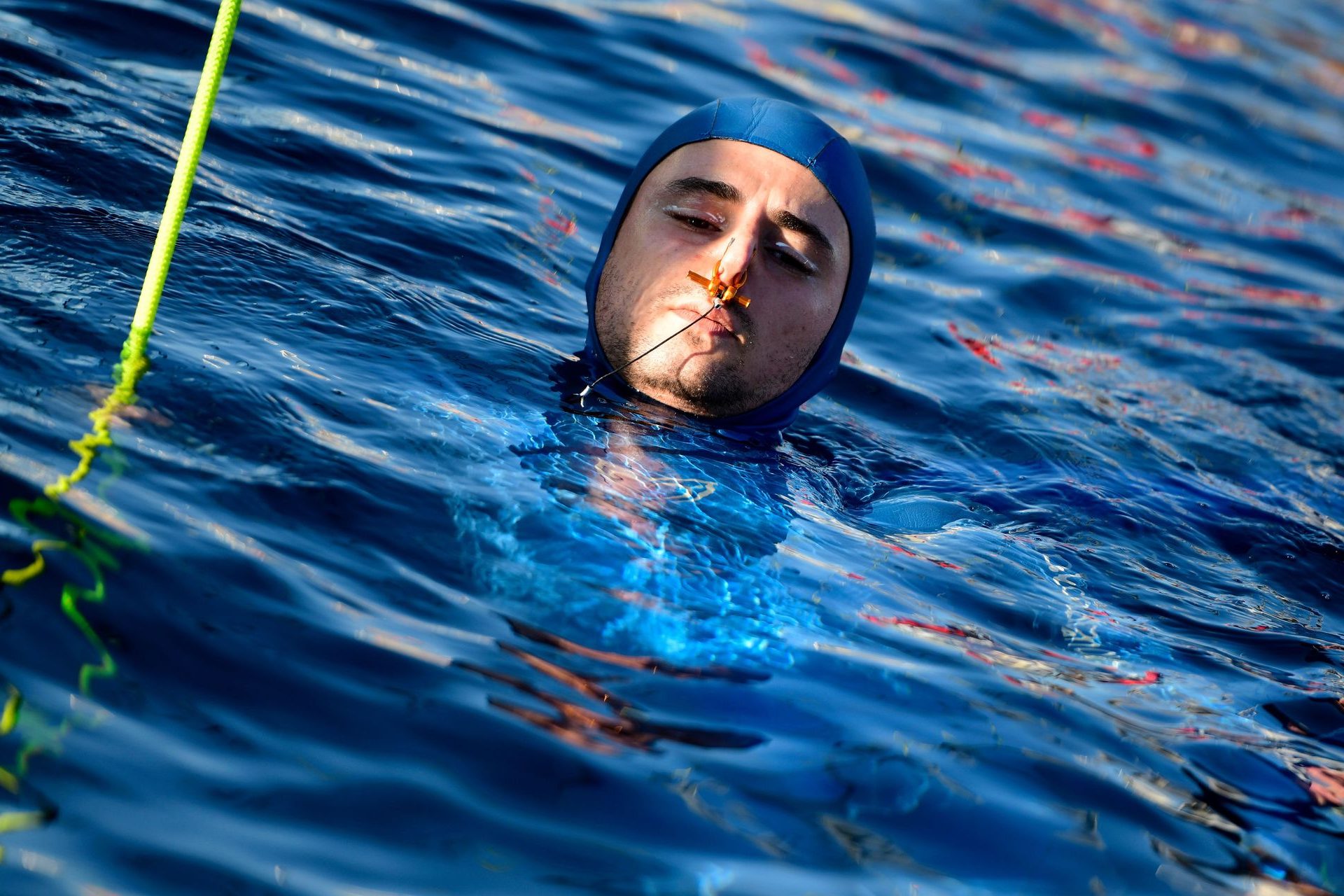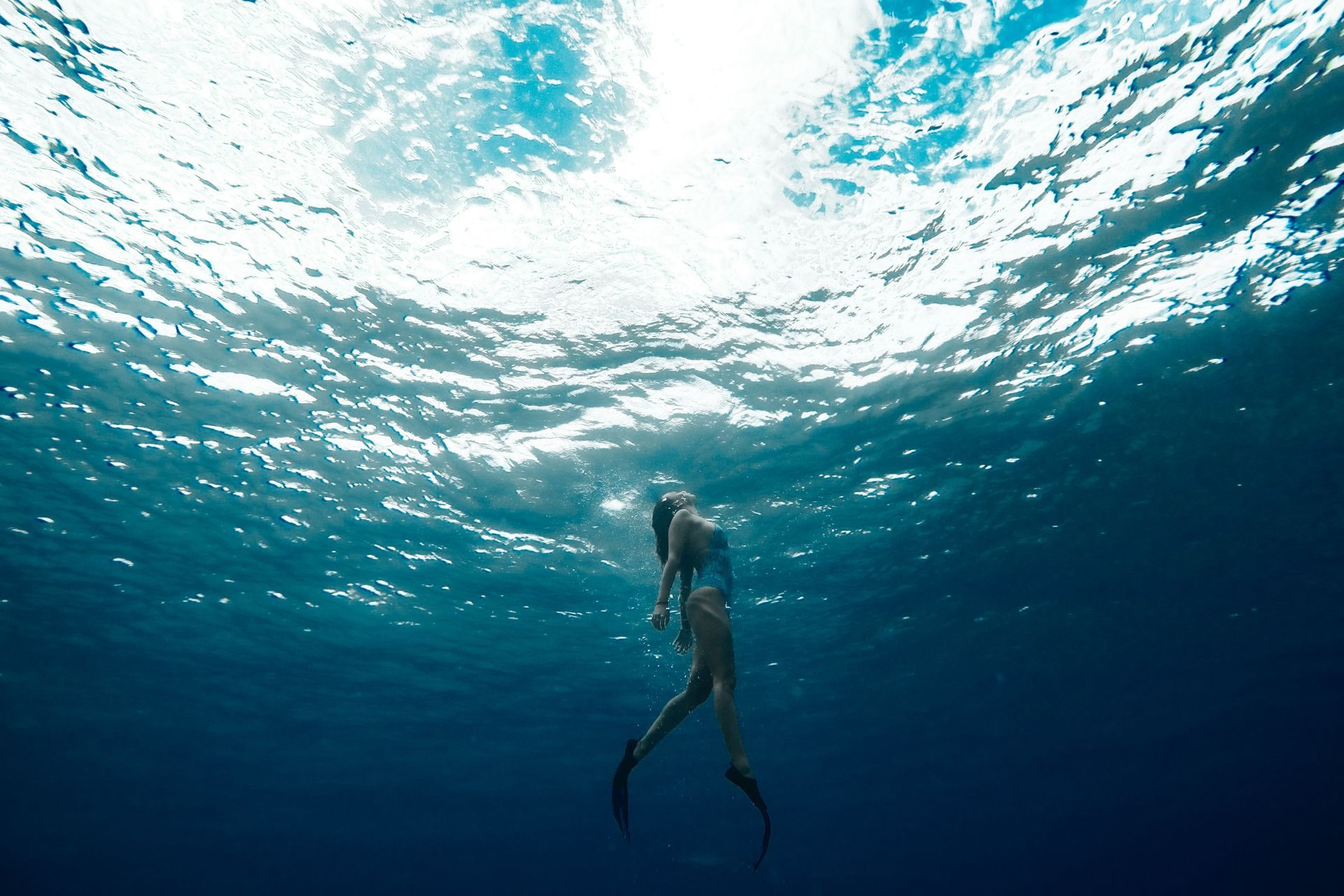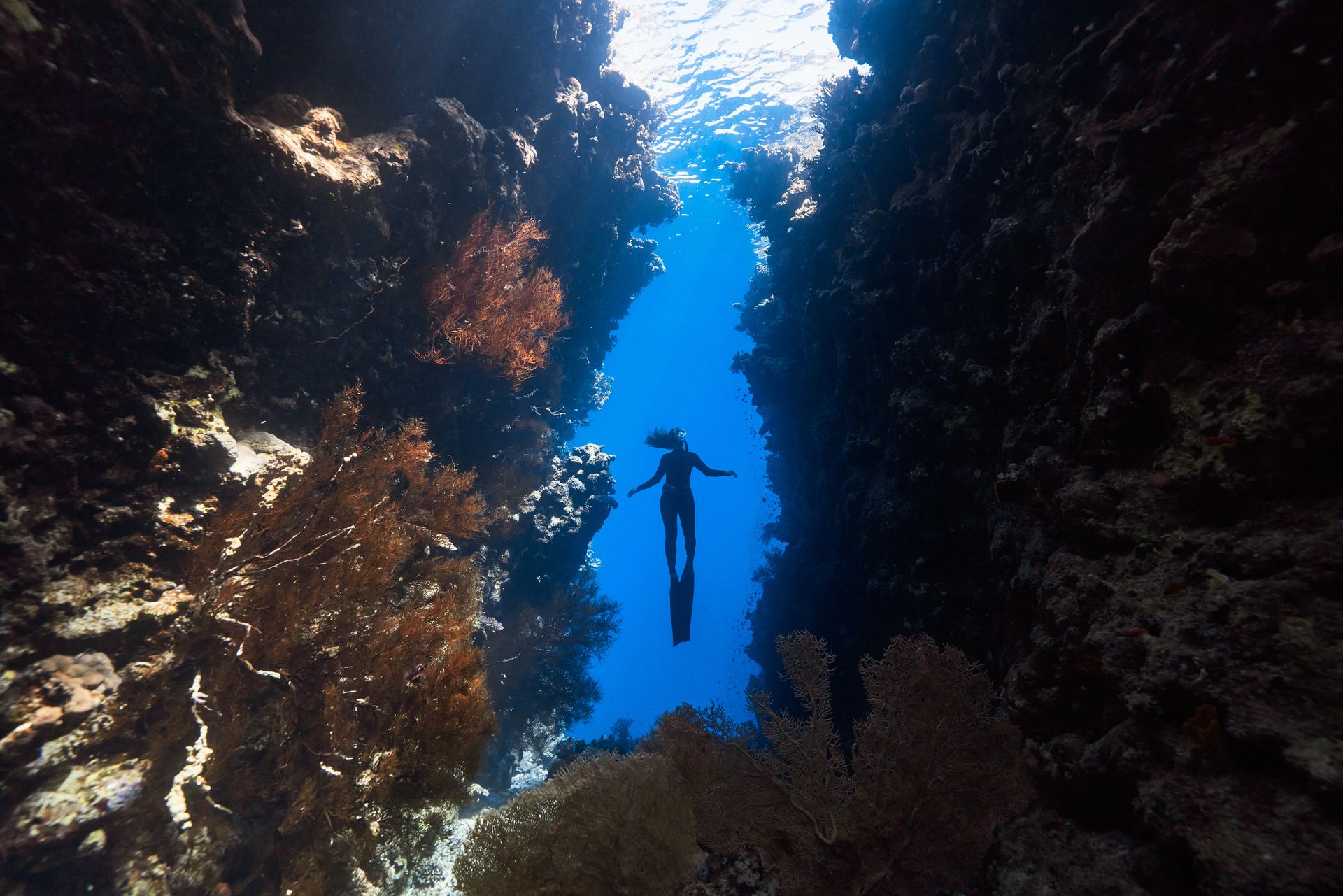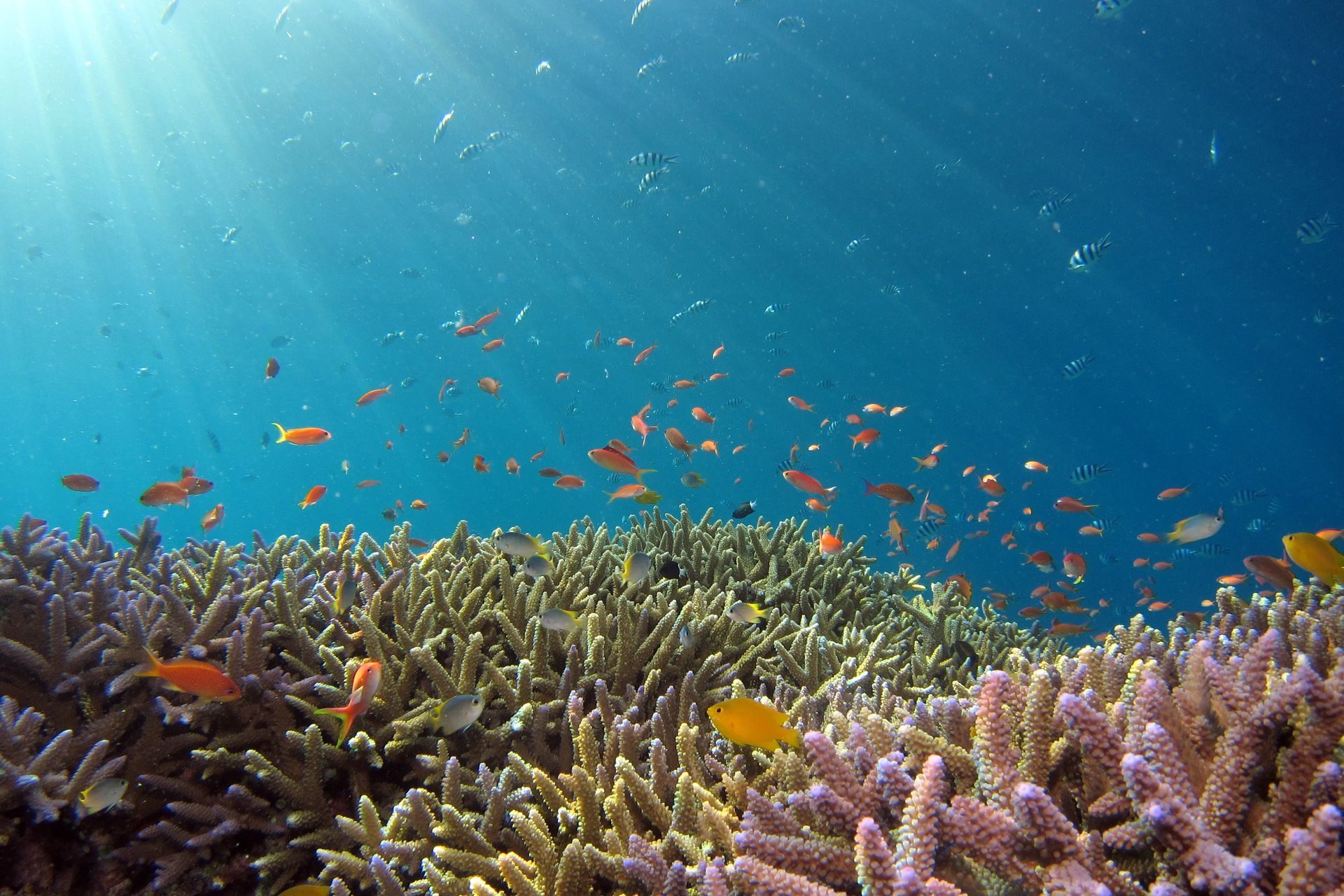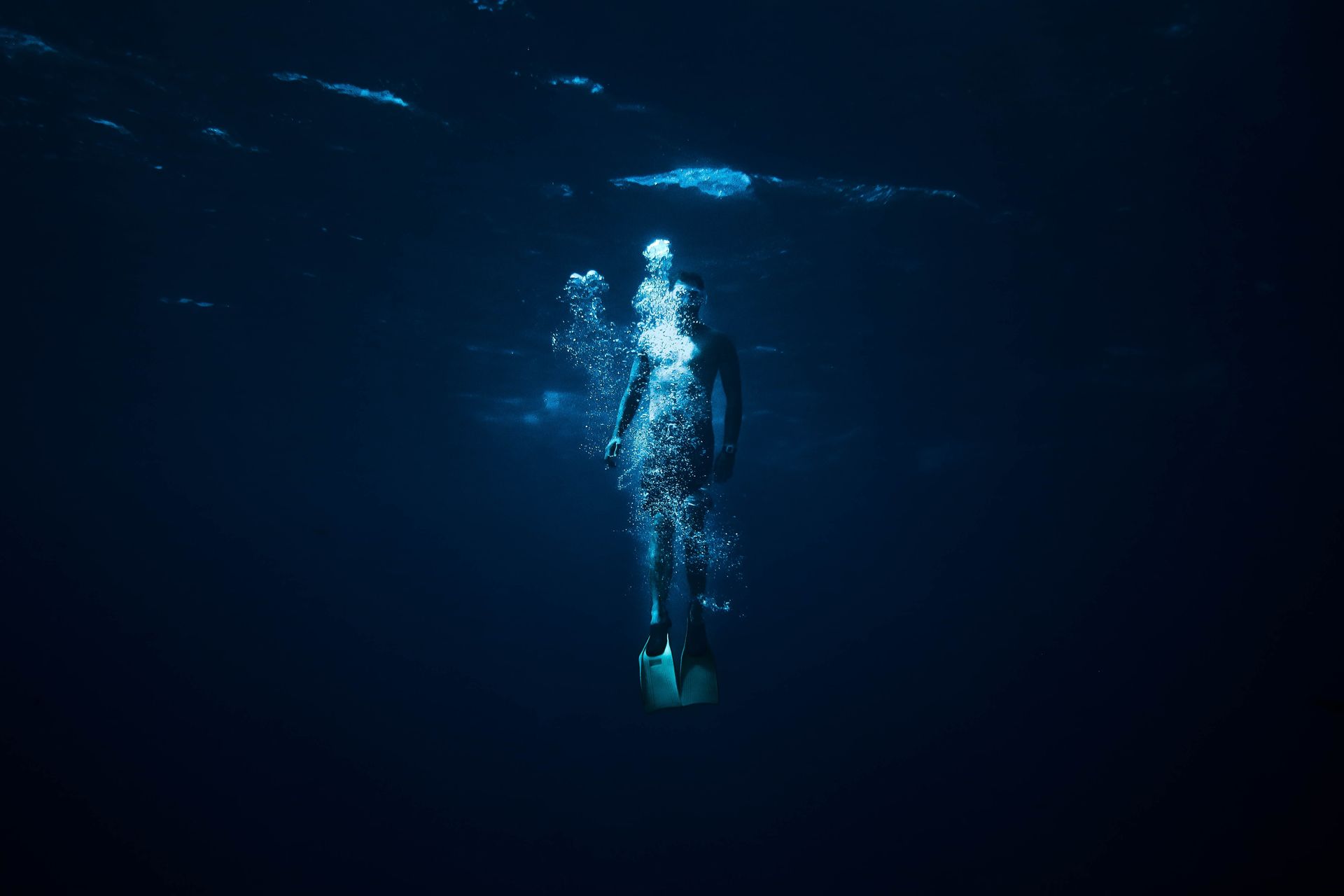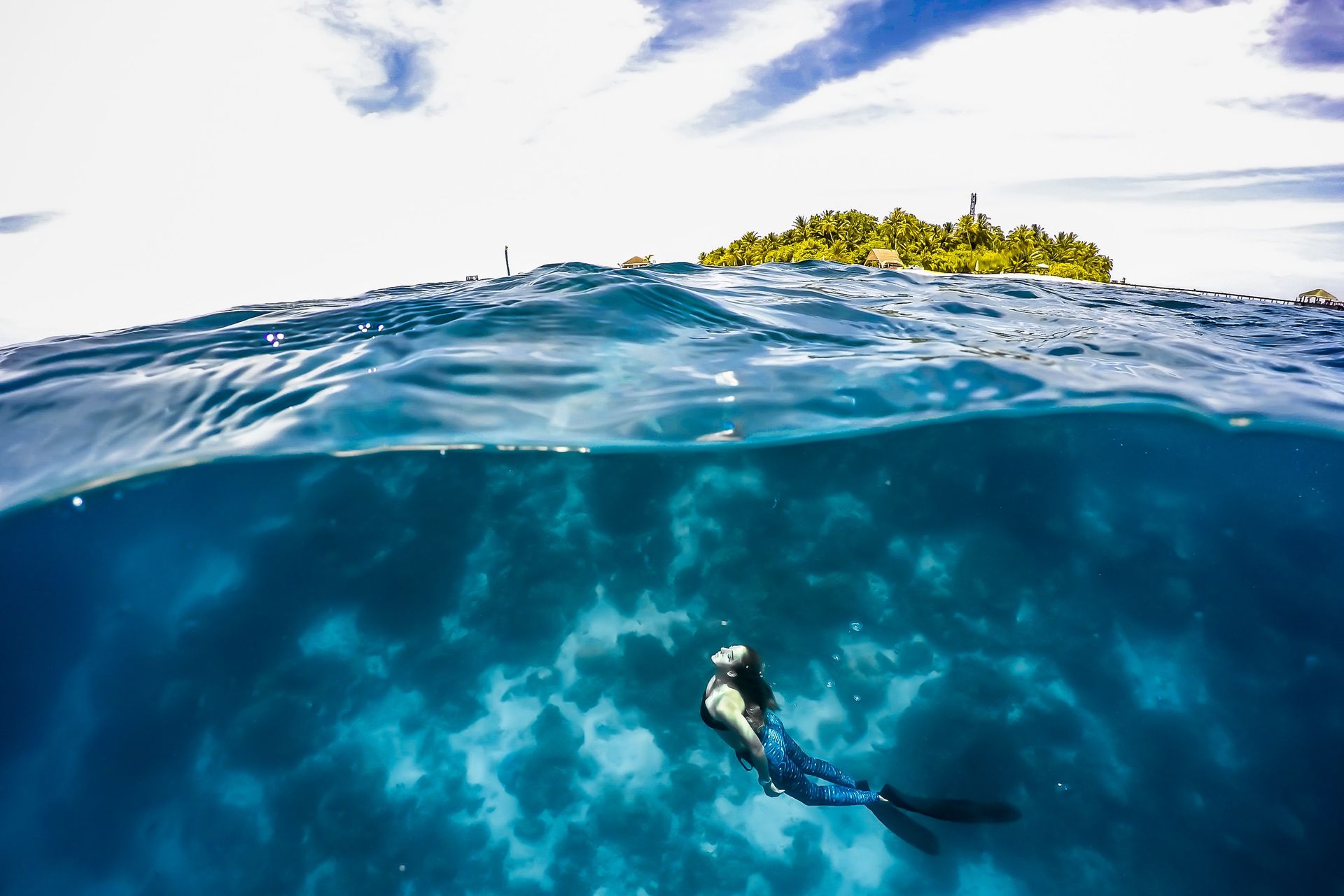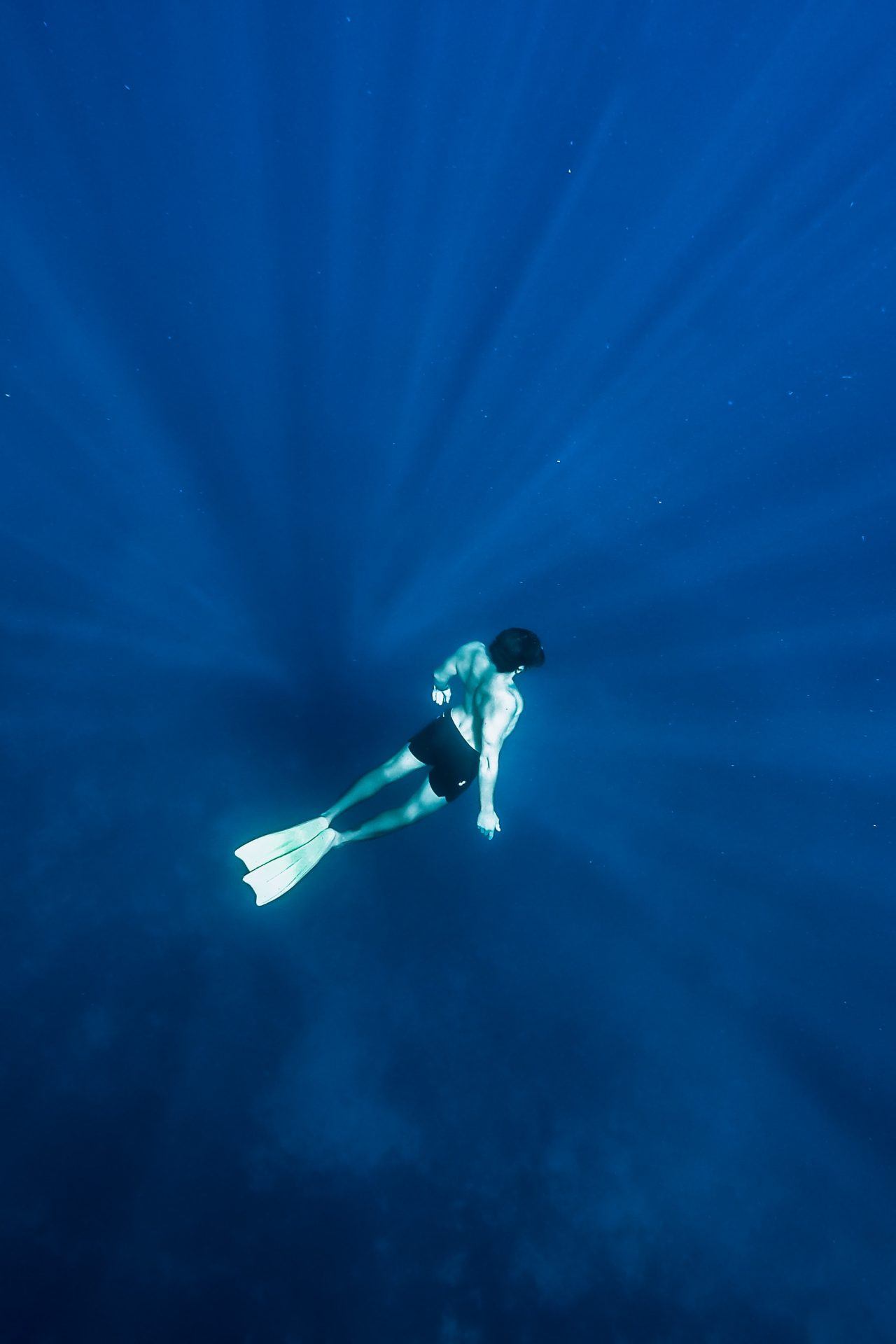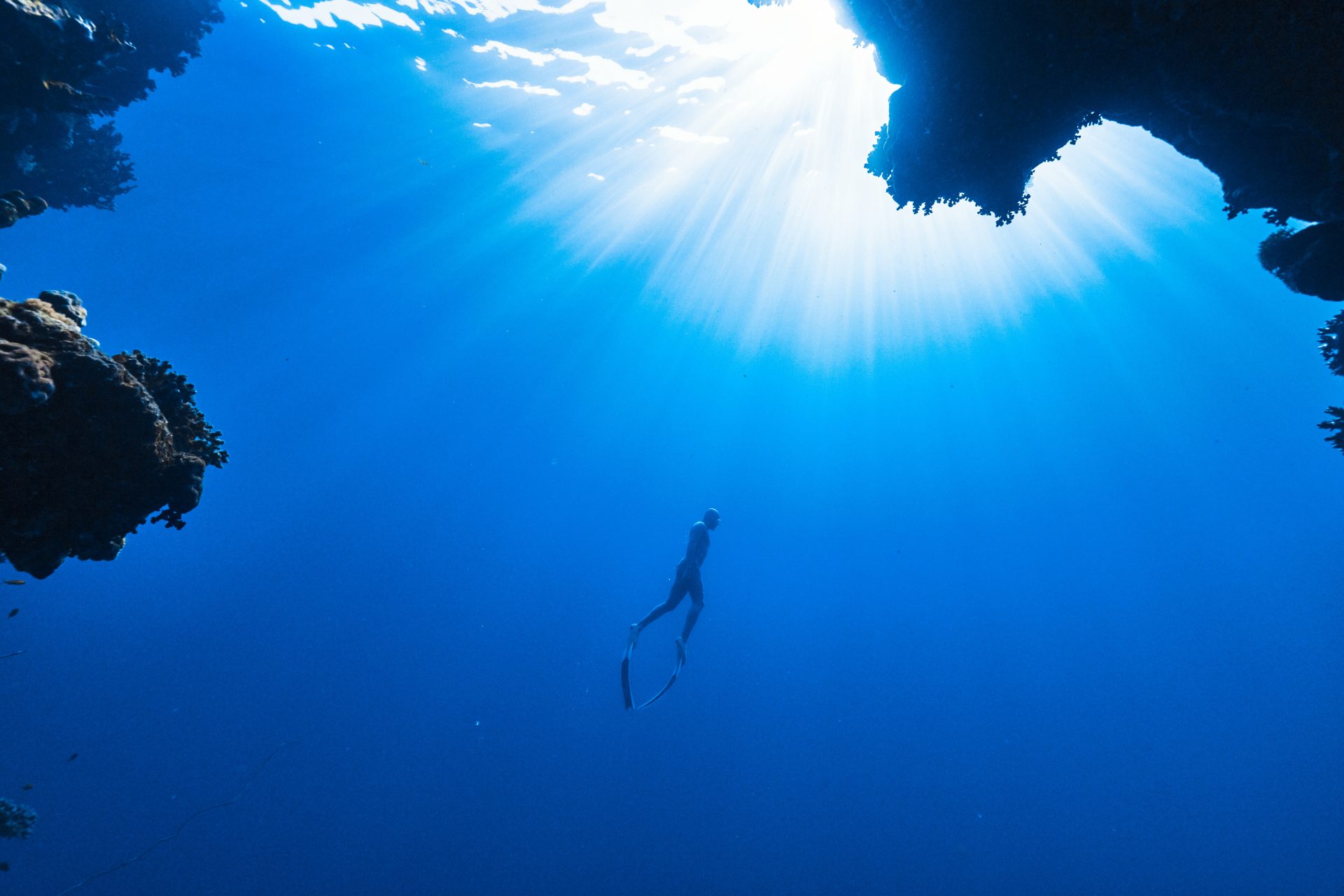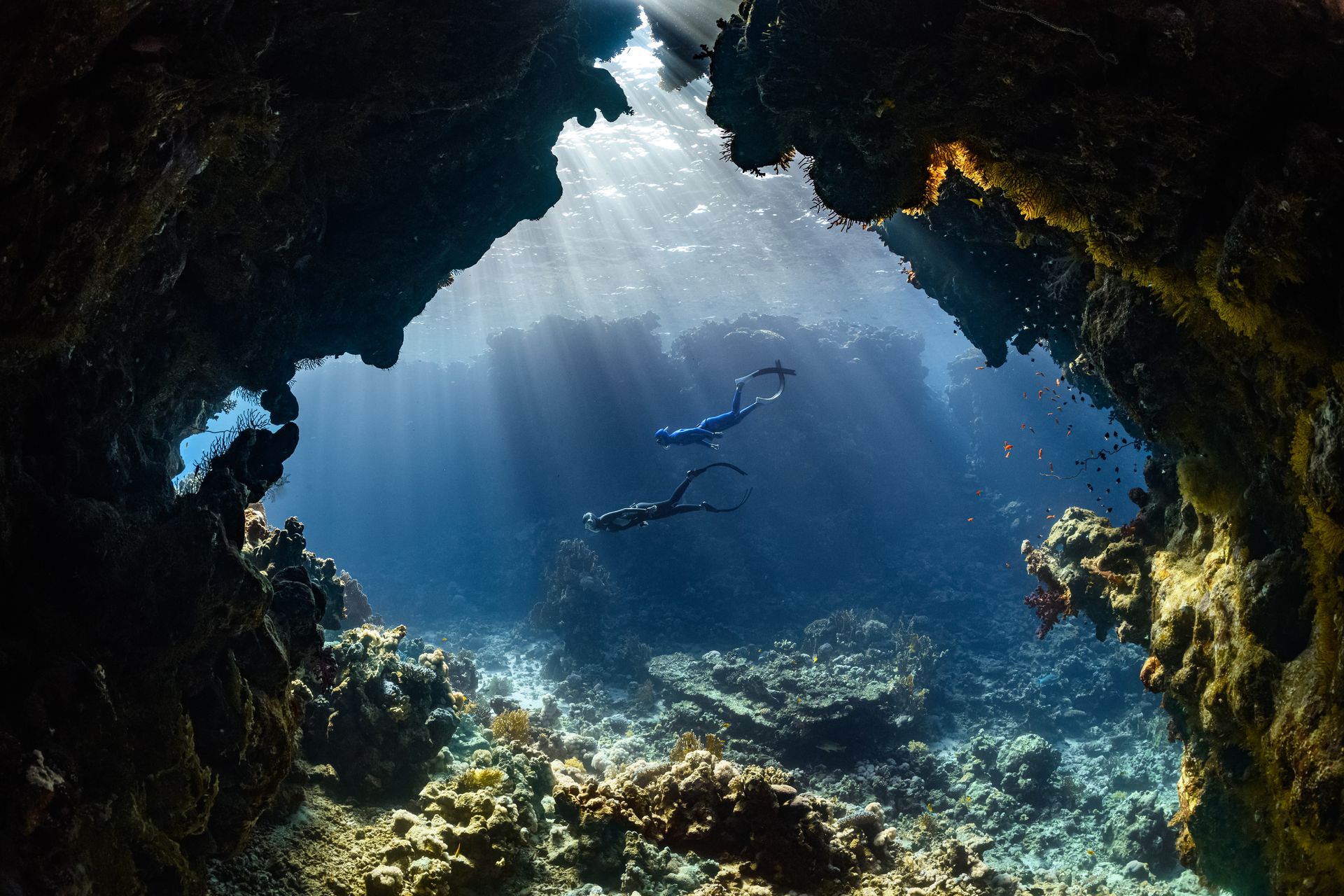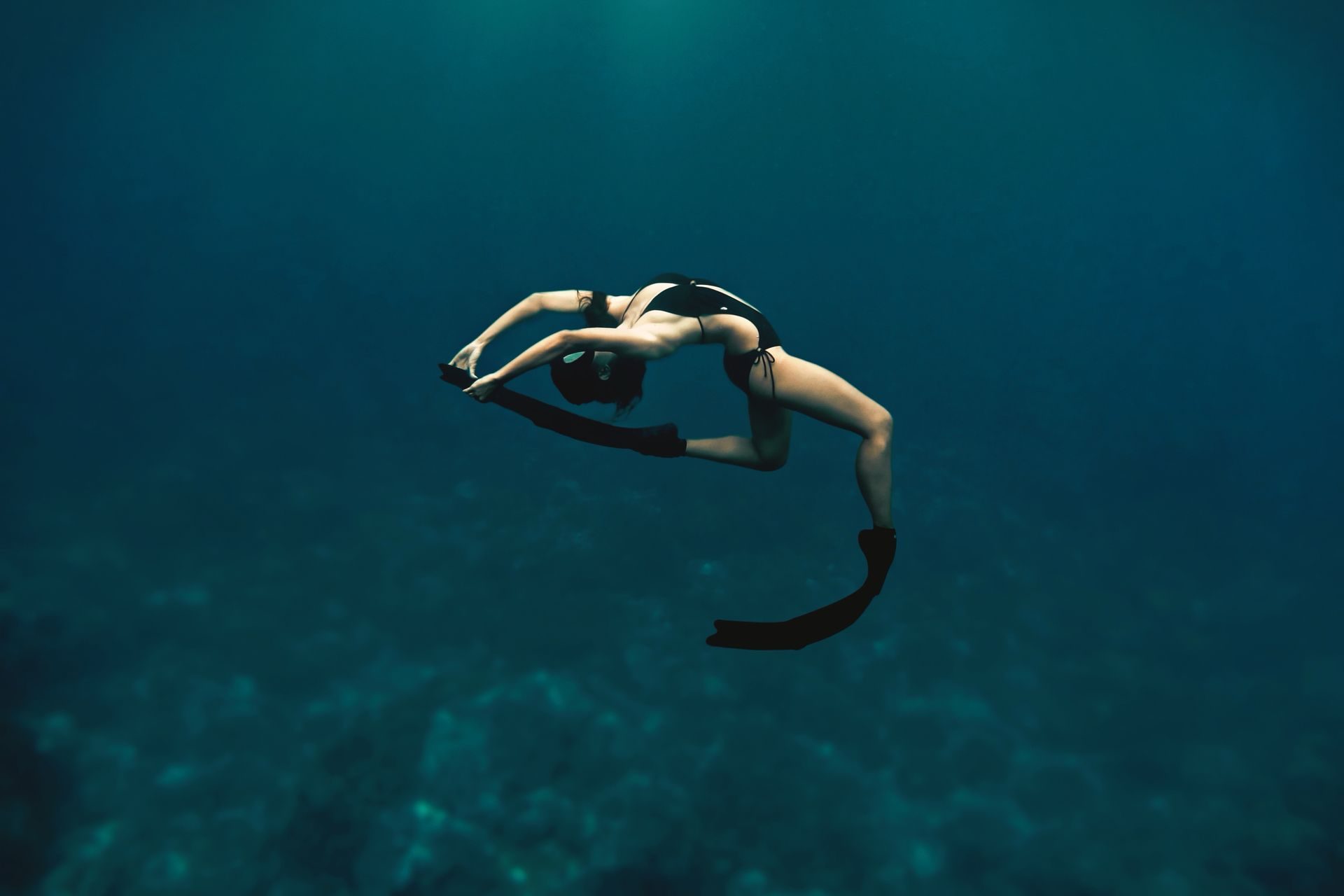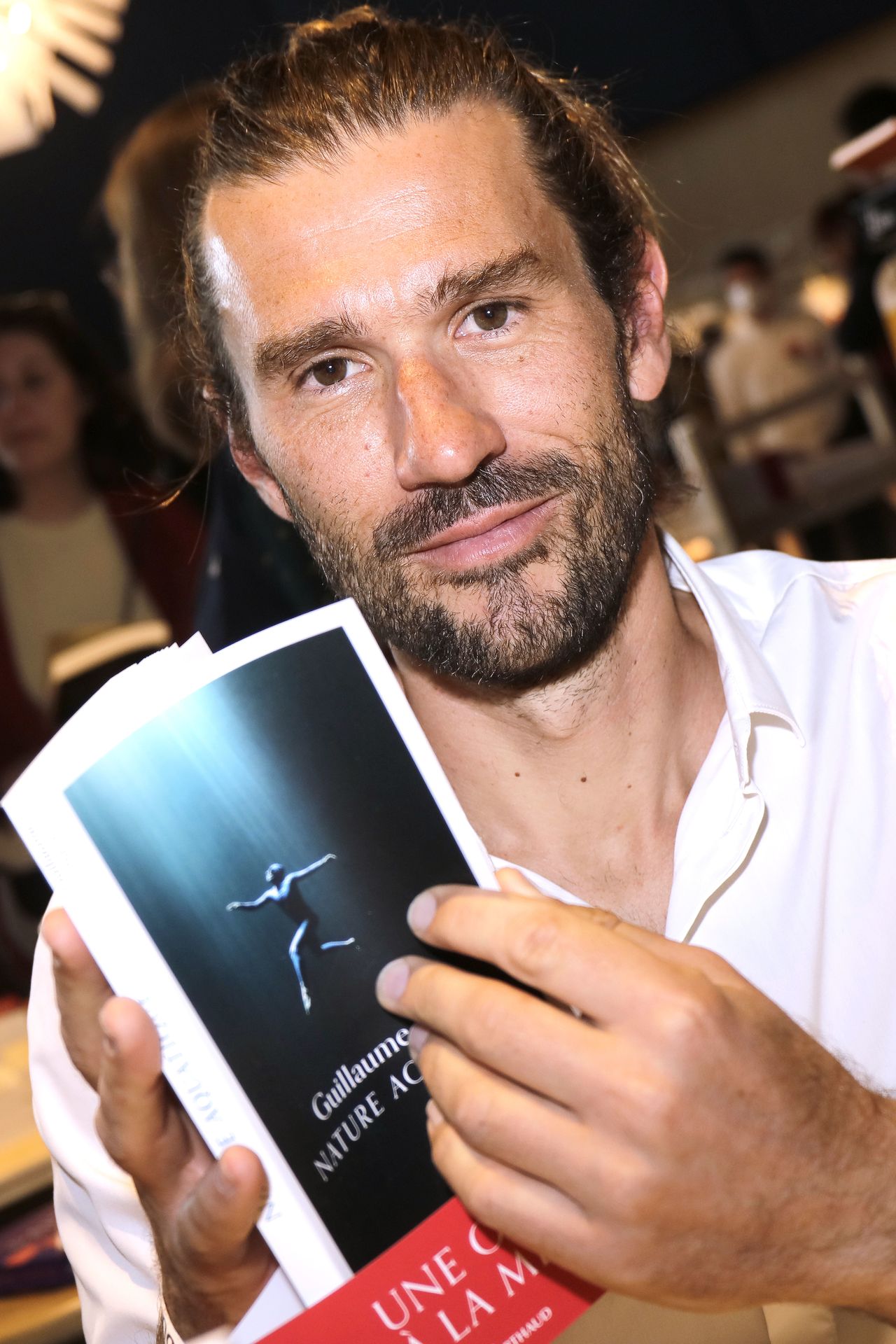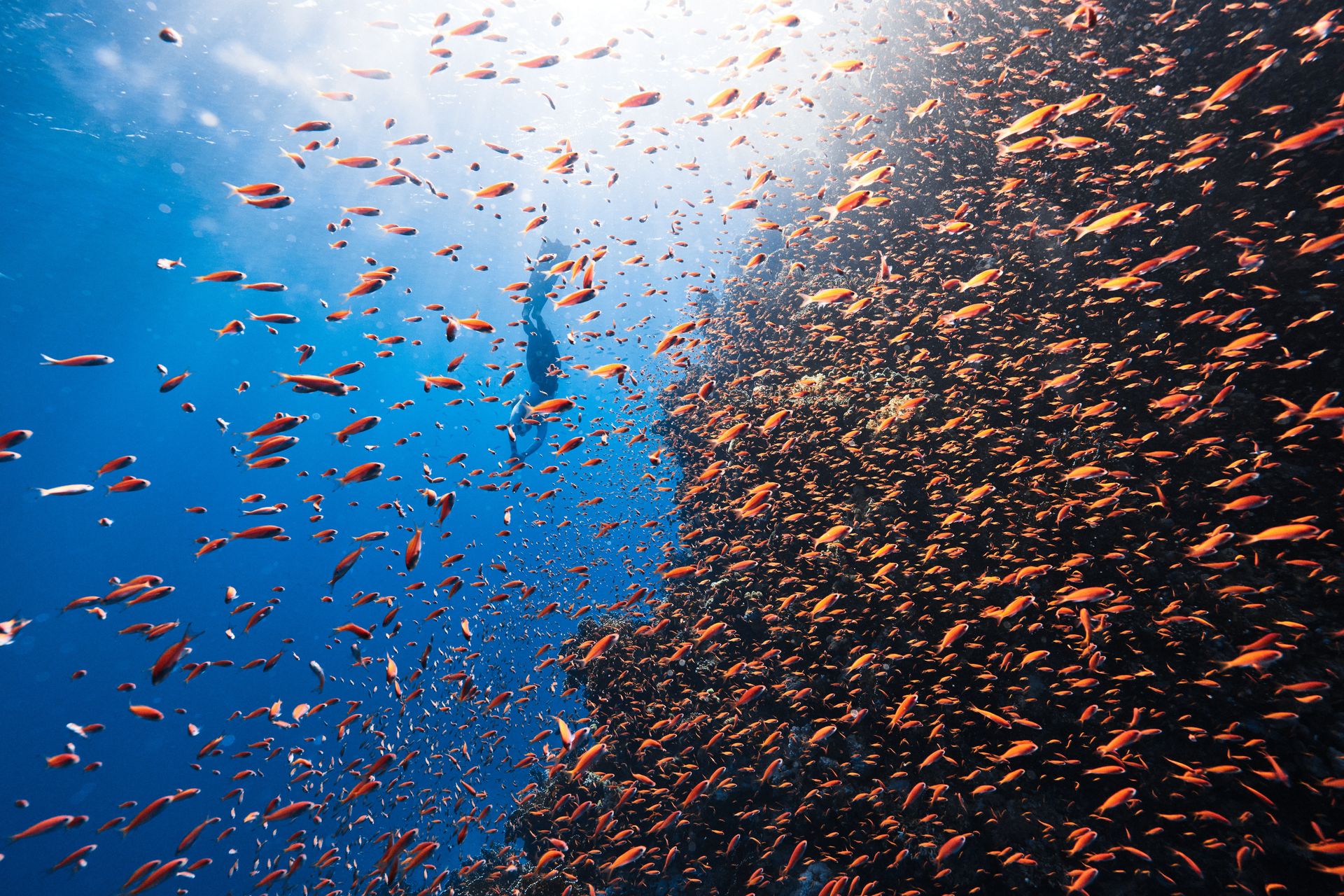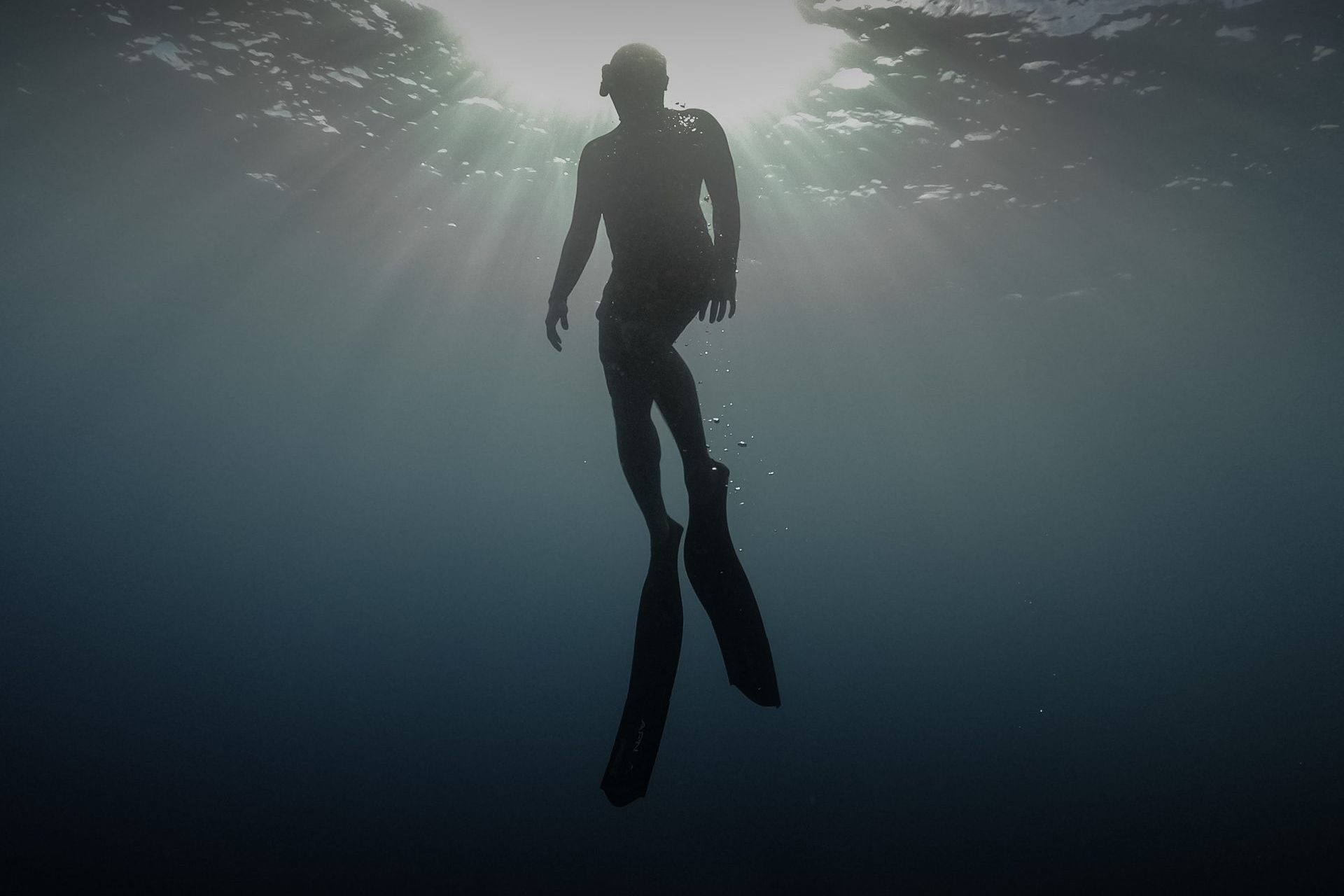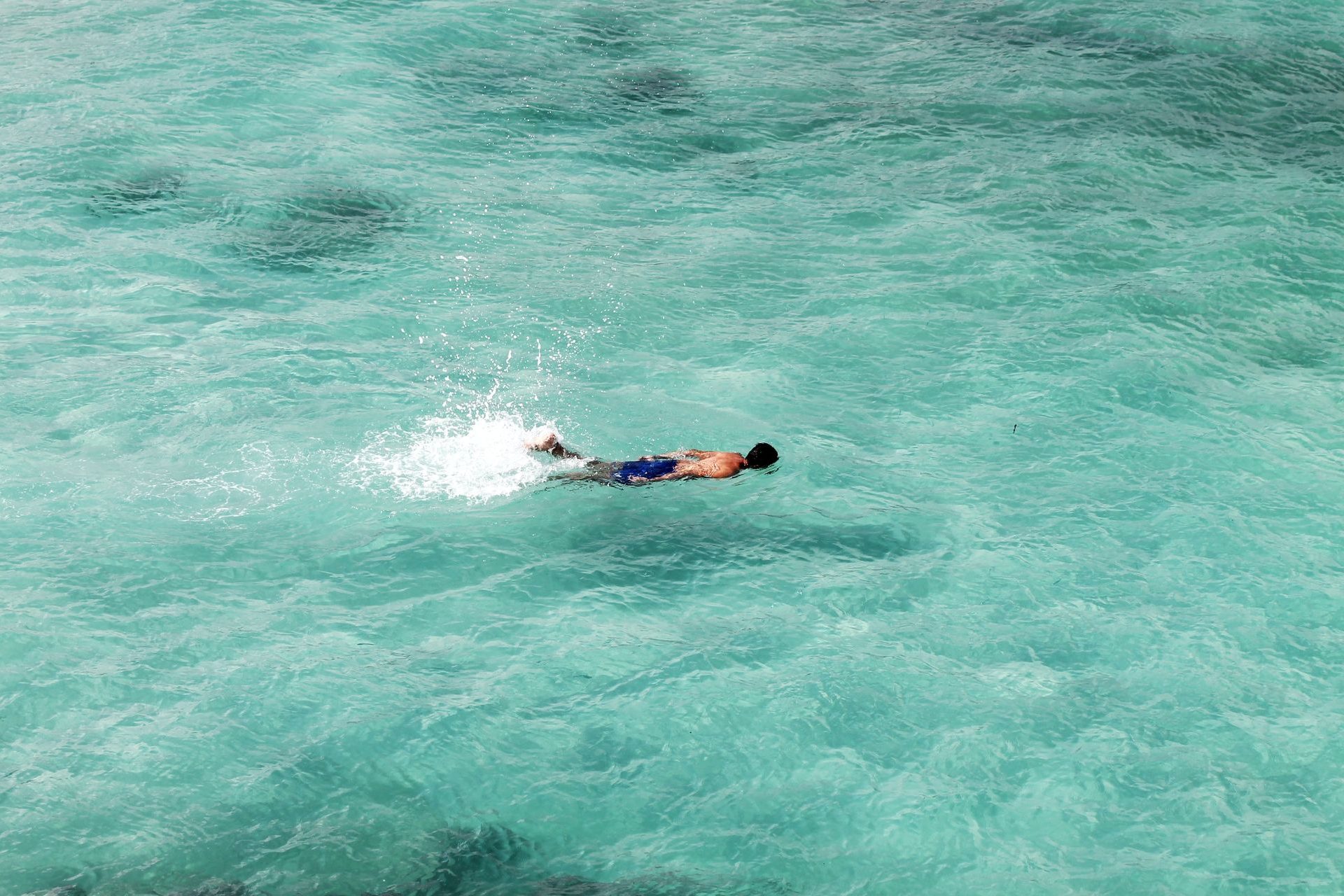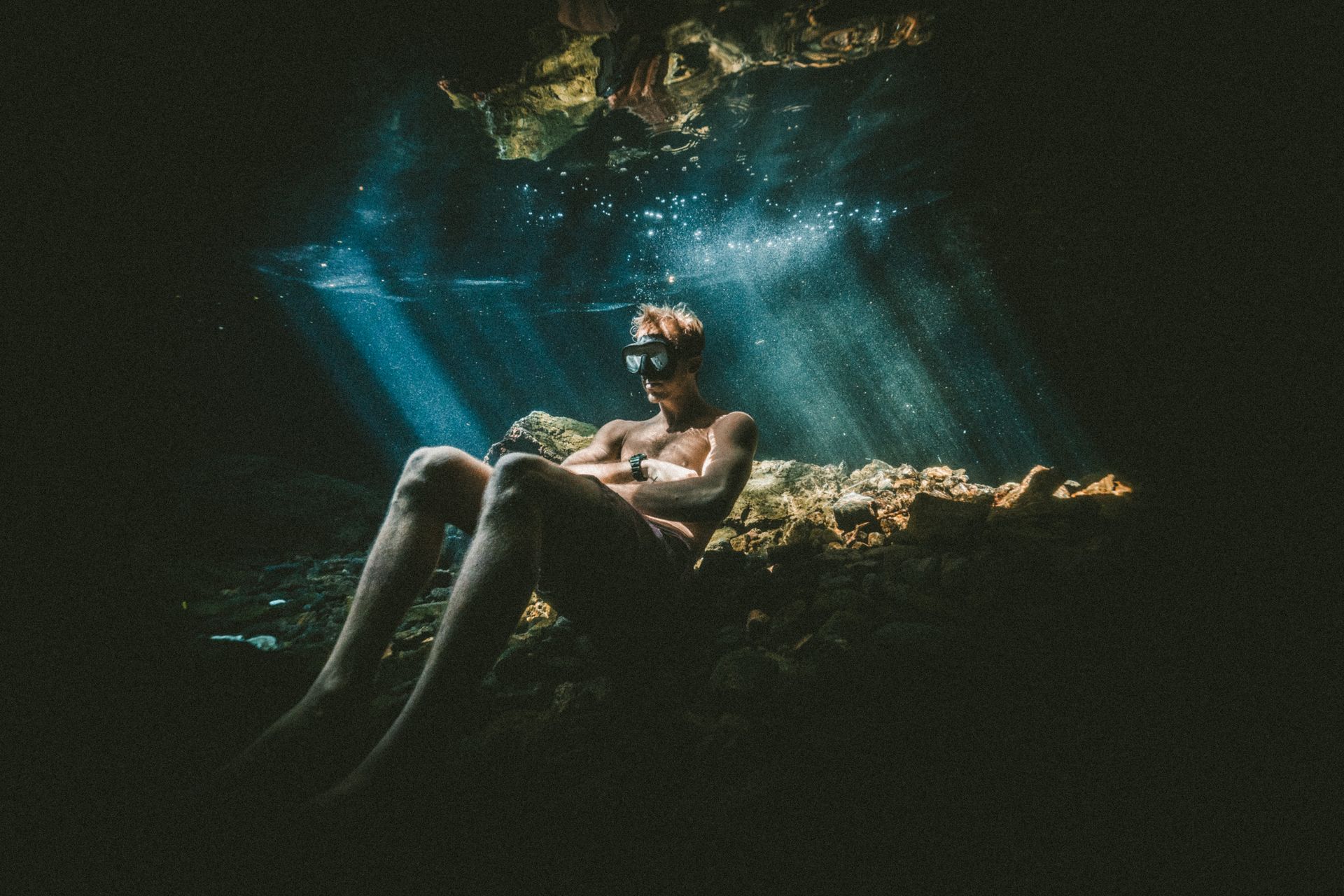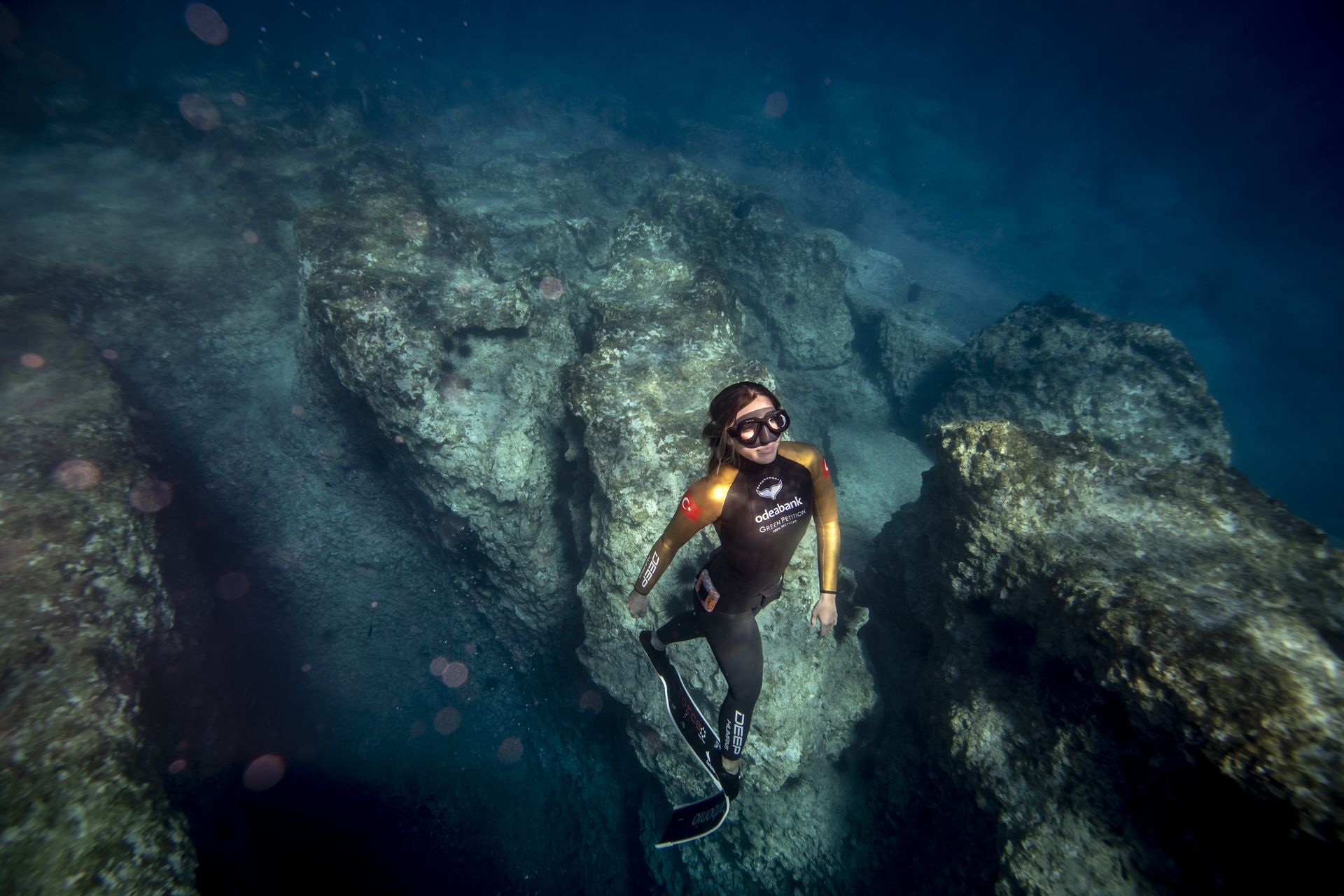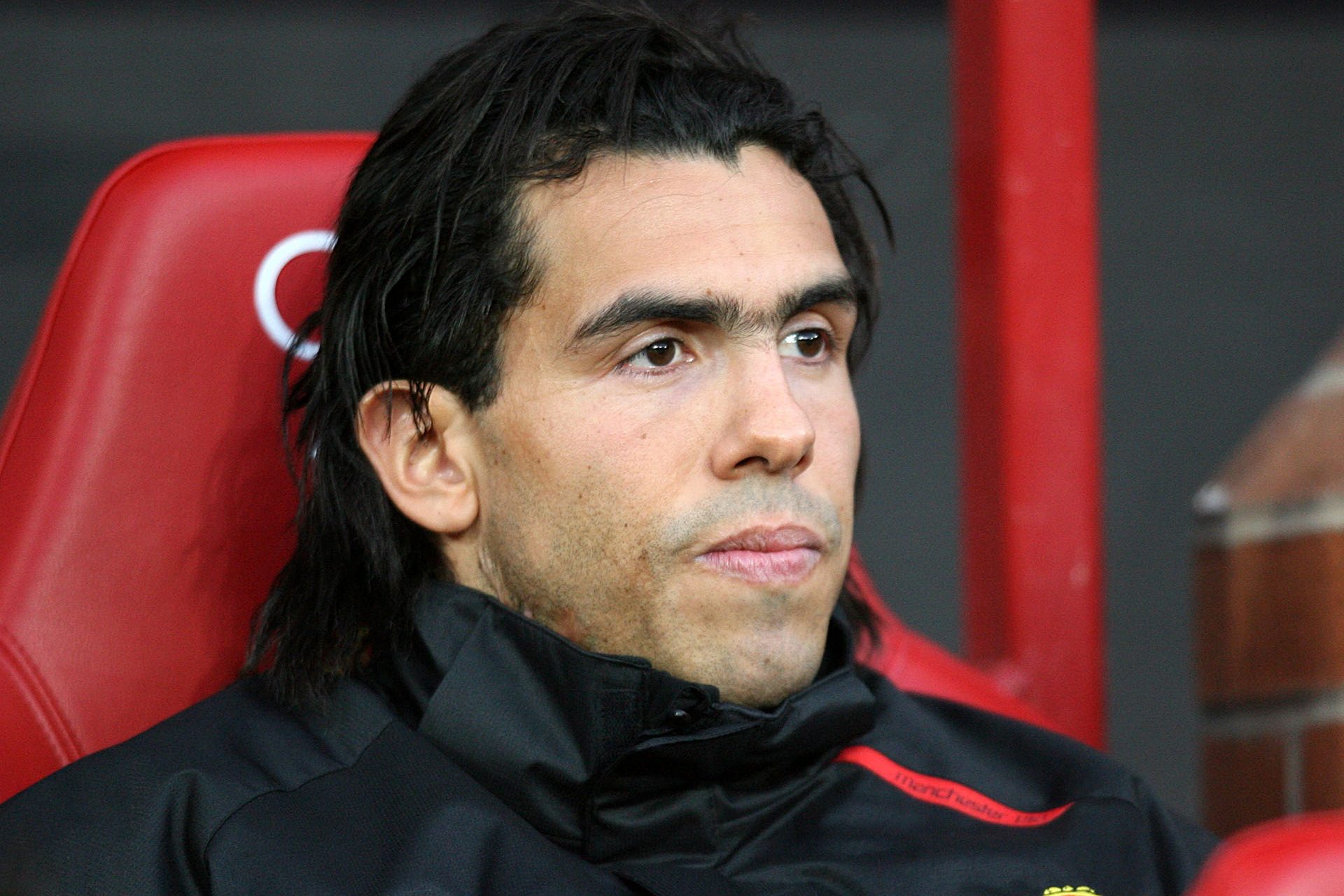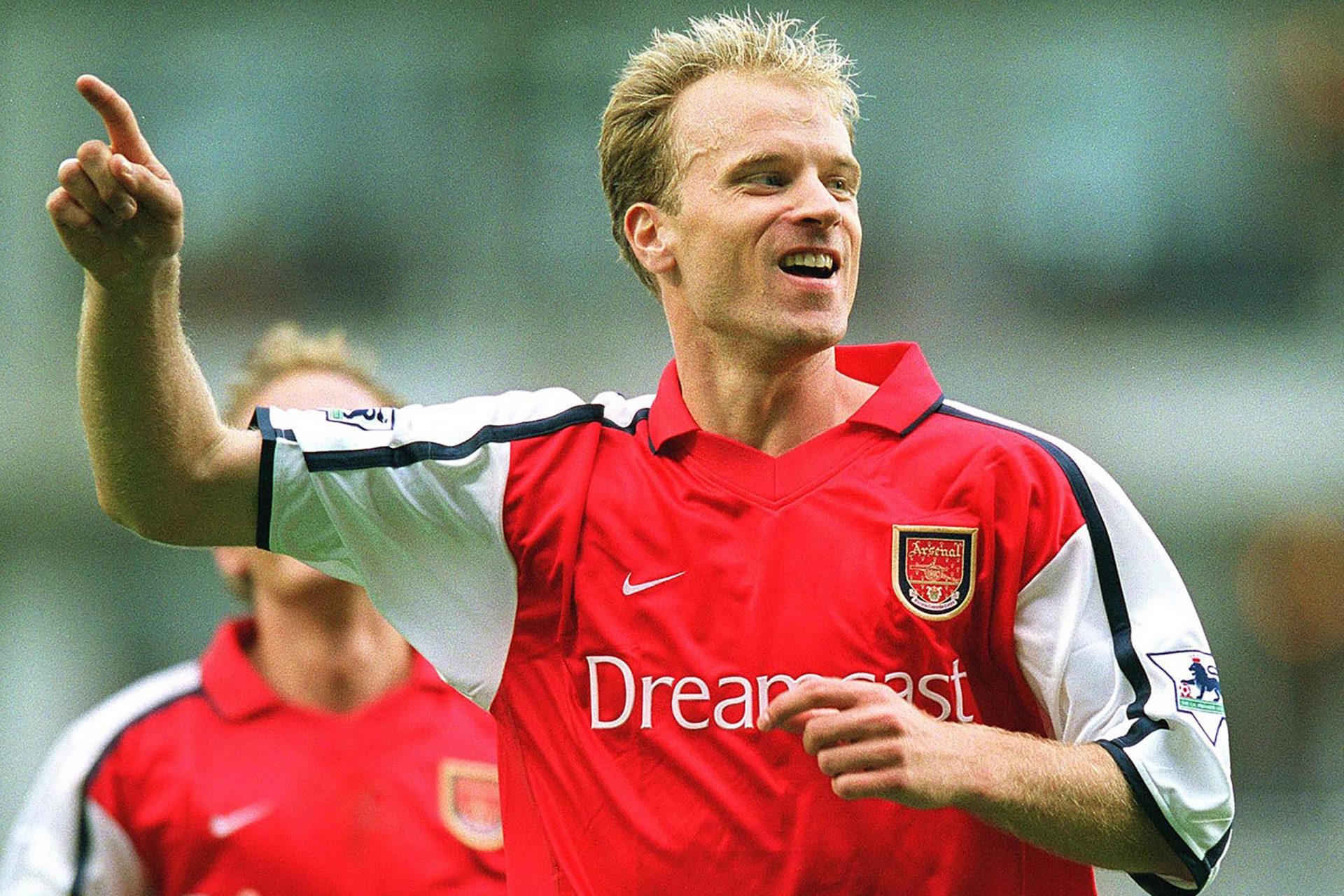Freediving Into The Abyss: Exploring the depths of the ocean on a single breath
Freediving is the exhilarating sport of exploring the underwater world with a single breath! The sport transcends the conventional boundaries of aquatic sports.
On July 20, 2023, French freediver Arnaud Jerald (in the photo) reached a depth of 122 meters underwater, using fins.
Want to see more like this? Click here to follow us for more sensational sports stories!
Unlike scuba diving, freediving relies solely on the diver's ability to hold their breath, pushing the limits of human endurance and breath-holding capacity.
@Jeremy Bishop / Unsplash
Beyond the spectacular performances of professionals, this sport is booming around the world! In France, a total of 25,000 licensees were issued in 2023, according to instructor Olivia Fricker, quoted by 'La Dépêche '.
@NEOM/Unsplash
Long marginal, freediving was popularized by the blockbuster “Le Grand Bleu” by Luc Besson (1988), a huge success that magnified this practice on screen.
Freediving has always been present in many cultures near the sea. Before becoming a sport, divers would submerse themselves in their local ecosystems to fish.
@Hiroko Yoshii / Unsplash
But how can you stay underwater for so long? As François Leduc, master diving instructor, reminds 'Radio Canada', the length of the apnea is allowed by the "respiratory reflex".
@Jeremy Bishop / Unsplash
“When our face is submerged, one of the responses our body sends is a decrease in heart rate, which reduces oxygen consumption and allows us to be more efficient underwater," he explains.
@Sebastian Pena Lambarri / Unsplash
“It's kind of funny being good at a sport that involves staying completely still, but it can quickly become very physically demanding. When you're holding your breath, the most important thing is to stay calm. ", describes British diver Georgina Miller, interviewed by 'National Geographic'.
@Jakub Chlouba / Unsplash
Diving is very demanding given the intensity of the pressure: at a depth of 65 meters, it is equivalent to 7.5 times atmospheric pressure.
@NEOM/Unsplash
But for Georgina Miller, this does not prevent this sport from being above all a source of meditation and relaxation: “I find the practice very relaxing, unlike scuba diving where it is rather easy to put yourself in danger. »
@NEOM/Unsplash
Free diving also has health benefits: repeated sessions adapt the antioxidant defenses of white blood cells, improving the body's anti-inflammatory defenses, according to 'Ouest France'.
@Mohamed Nohassi / Unsplash
This practice would also be beneficial against stress and anxiety. A study cited by the same journal reported greater psychological stability in a group of divers, compared to the non-divers to whom they were compared.
@Marty Garcia/Unsplah
This is also what freedivers themselves feel: “Immersing myself, stopping my breathing allows me to reconnect with nature, to be in the present moment and to find a form of harmony. ", described Guillaume Néry (in the photo) during an interview.
“When I stop breathing, I deactivate my mind. My body calms down, I release tension and I am more serene. I feel completely relaxed and it's a pure moment of happiness," added the Néry.
@NEOM/Unsplash
Freediving remains an extreme sport that presents a significant amount of risk. One of the main dangers is syncope linked to a lack of oxygen in the blood.
@Ibrahim Mohamed / Unsplash
The sport can be especially challenging for those individuals who suffer asthma or other respiratory illnesses. Medical certificates are requested upon joining freediving clubs.
@Josue Isai Ramos Figuero / Unsplash
Never dive alone, follow the steps, and above all know your limits well so as never to go beyond them.
@Jakob Owens / Unsplash
Originally a male-centric sport, freediving has become much more feminine in recent years. Some divers, like Canadian Sheena McNally, are part of the world's diving elite. And you, are you tempted by the mysterious hidden under the deep blue?
More for you
Top Stories




